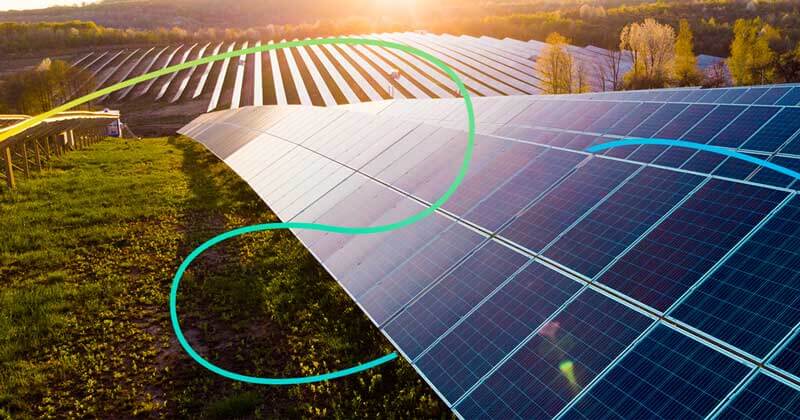In December 2019, the European Commission set out an ambitious goal to become the first climate-neutral continent by 2050. The goal is a cleaner environment, more affordable energy, smarter transport, new jobs, and a better quality of life for citizens in member countries.
Achieving this goal is no small task - it requires an ambitious and comprehensive plan. Part of that plan is known as the European Green Deal, one of six priorities to support the fight for a climate-neutral continent.
What is the European Green Deal?
The European Green Deal is a set of initiatives to first enable a 55% reduction in current CO2 emissions by 2030 (compared to 1990) and later climate neutrality. Overall, the Deal underpins the transformation of Europe's whole society needed for a more modern and competitive economy.
The European Green Deal aims to increase resource efficiency by moving to a clean, circular economy, halting climate change, reversing biodiversity loss, and reducing pollution.
Work on the Deal is ongoing, with many of the initiatives still in the pipeline - but a selection of the elements looks like this:
- A climate law to apply to all EU member states
- Conversion to renewable energy
- Comprehensive savings in the energy sector
- Conversion of the transport sector
- An action plan for the circular economy
- A biodiversity strategy
The European Commission has developed the "Fit for 55" to translate these initiatives into legislation. It consists of several proposals to revise climate, energy, and transport-related legislation and introduce new initiatives aligned with the EU's climate neutrality goals.
European Climate Law Makes Climate Neutrality a Legal Obligation
The European Climate Law was adopted on 28 June 2021. It enshrines in law the goal of climate neutrality by 2050 while setting a binding EU climate target of at least 55% CO2 reduction by 2030.
As part of the EU, Denmark is covered by the EU's common energy and climate policy, so the Climate Law also plays a role in Danish companies' sustainable and environmental behaviour. There will be a growing demand for companies that understand the environmental challenges and, in particular, are equipped to address them at both strategic and operational levels.
Sustainability Reporting is the Focal Point
As of 1 January 2024, the EU's new Corporate Sustainability Reporting Directive (CSRD) will replace the existing Non-Financial Reporting Directive (NFRD). The revised Directive supports the European Green Deal by making companies' sustainability performance more transparent and easier to compare across sectors for investors, business partners and suppliers alike.
The CSRD is also part of a wider sustainable finance package that supports the European Green Deal by helping to channel private investment toward a climate-neutral economy. The financing package also includes the EU Taxonomy, which clarifies the economic activities that contribute most to meeting the EU's environmental objectives.
The European Green Deal is thus a climate umbrella, bringing all the elements under one roof - including the CSRD and the EU taxonomy - so that we can achieve the ambitious goal of a climate-neutral continent by 2050.




